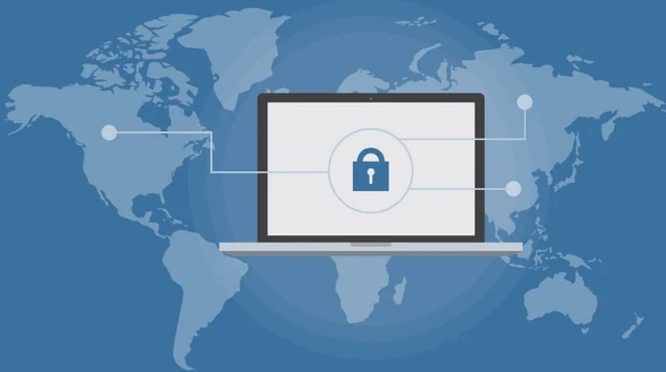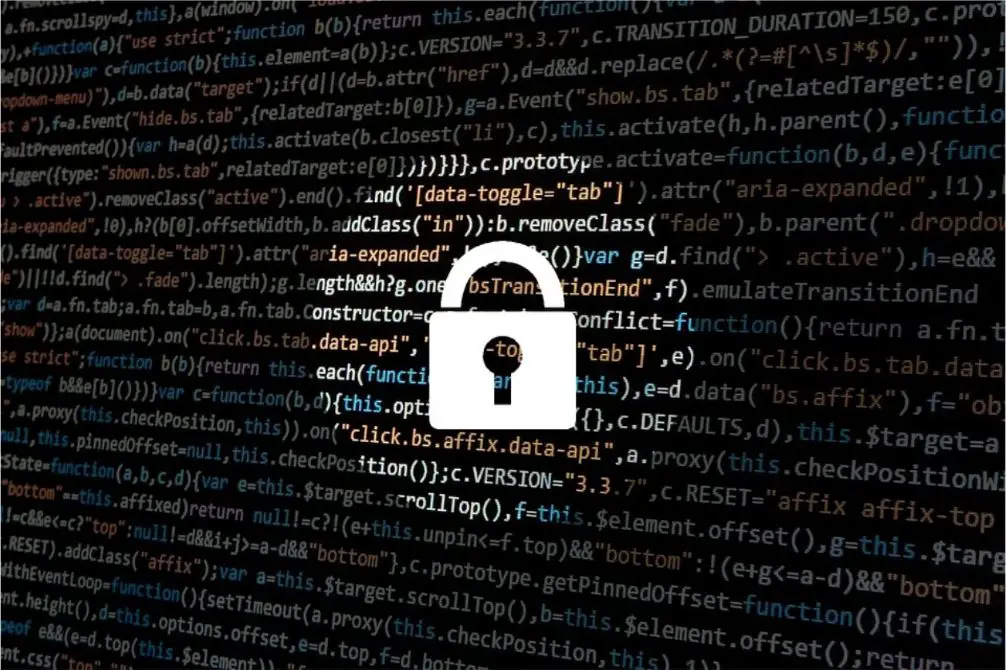
Online security may seem like something only large corporations, financial institutions, and businesses should be concerned about. However, cyber security is essential for any individual connected to the internet. There is a lot of information you store on any device you use. From pictures and documents to passwords, and anything in between – almost everything you have both on your computer and the online platforms you use can be accessed and used by third-party individuals. This is why knowing what the online security essentials are and why they are important is so important.

1. Antivirus Program
Every device you use that is connected to the internet should have an antivirus program. When searching for cyber security software, having protection from all different types of malware is key. There are many options out there and whichever one you choose is really up to your preferences, but make sure it does not skimp on security. It’s always a good idea to compare different options, keeping in mind that there are things that are especially important when it comes to choosing the right software.
Things like how often it updates itself and detects threats, whether or not you can choose different security settings for each device connected to the internet, and if there is a free trial period so you can try before you buy. Keeping your antivirus program up to date means that it’s always aware of the latest viruses and malware, helping you to keep your device protected from hackers.
2. Antispyware Program
Just as important as an antivirus program is a good anti-spyware one. You not only have to protect yourself from attacks that transport malware into your system, but you should also keep track of what information other programs use and sell without consent. Antispyware works by notifying you of any new programs that are trying to track your information. This way, you can decide if you want them on your computer or not.
For example, cookies are small browser files that are used to track specific information about your browsing habits. They are usually harmless, but not everyone wants to have their information tracked. If you are one of these people, make sure your antispyware program is keeping an eye out for any new cookies on your computer.
3. Password Management
No matter what websites you visit, make sure every account has a unique password with a combination of numbers, upper and lowercase letters, and sometimes special characters. Creating a strong password is important, as well as having separate ones for each account you use. If your passwords are all the same or only a few different ones, this makes it easier for hackers to take control of your accounts. Password managers can allow you to keep track of every password within one program while still being unique for each website you visit.
By using one, you don’t have to remember every password which means you can create – or have the program create one for you – a password that is long enough and complex enough to ensure your data is protected.
4. Two-Step Verification
Also known as “2-factor authentication” or “multi-factor authentication”, this security technique adds an extra layer of protection to the login process. After entering your username and password you are requested to provide a second authentication factor in addition to your password. There are several types of additional factors, usually involving either one-time use codes or the use of physical tokens, but there are two options that work well in most situations:
SMS messages sent to your phone: this method involves entering a code that is sent to your cell phone through a text message. You can set up 2-step verification with most social media platforms and email providers, where they will send you these messages every time you log in from a new device or location.
Time-based One-time Password (TOTP): this method requires you to download and use an app on your device. Once you download the app, you’ll be prompted to create an account which is usually as simple as entering your phone number and choosing a six-digit verification code.
5. VPNs
A VPN, or virtual private network, is a way for you to connect your device securely and privately. You can browse the web without anyone seeing what sites you visit, as well as chat with others by omitting your IP address and location.
They are extremely useful tools to have no matter which website you’re visiting – especially if it’s a public Wi-Fi connection – but also useful when you use your personal information to purchase items or sign up for services. You can be sure that everything you send is encrypted, so any potential hackers are not able to access your personal information.

Online security is important both for making sure your information and accounts stay safe and for protecting you from malware that can allow hackers to steal your data, or even prevent third-party companies from using your personal information if you don’t want them to. It’s an easy step to take in order to make sure you’re protecting yourself from any possible threats and enjoying your online experience.